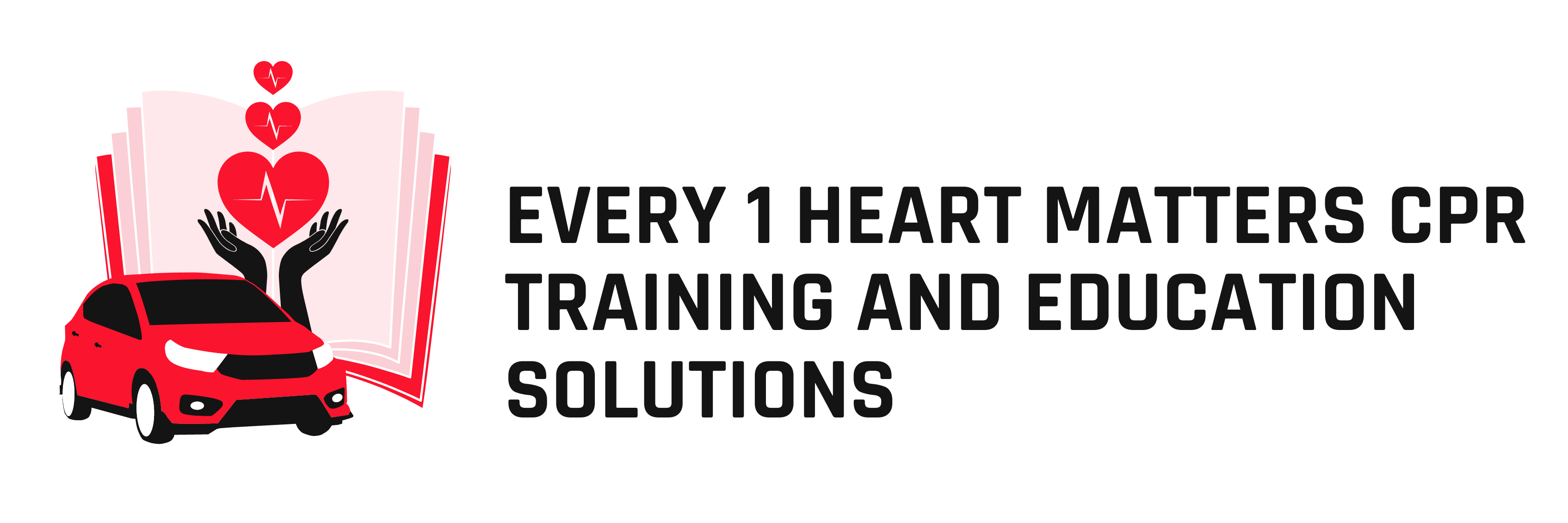Medication errors can have serious consequences, impacting patient outcomes and safety. Our comprehensive training courses are designed to address the complex and multifaceted aspects of medication safety, including proper medication administration, medication reconciliation, medication storage and disposal, and the importance of clear communication between healthcare providers and patients.
At Every 1 Heart Matters CPR Training and Education Solutions, we recognize the critical importance of medication safety in ensuring the well-being and health of individuals. Our Medication Safety Training service is dedicated to equipping healthcare professionals and individuals with the knowledge and skills necessary to prevent medication errors and promote safe medication practices.



